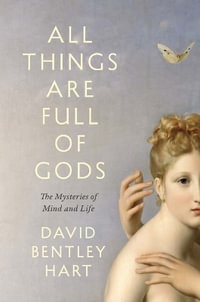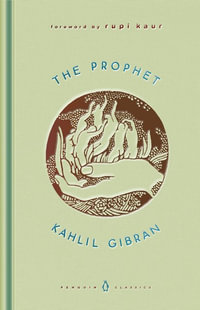
Jonathan Edwards Confronts the Gods
Christian Theology, Enlightenment Religion, and Non-Christian Faiths
Hardcover | 1 January 1999
At a Glance
Hardcover
$179.75
Ships in 5 to 7 business days
ISBN: 9780195132748
ISBN-10: 0195132742
Series: Religion in America
Published: 1st January 1999
Format: Hardcover
Language: English
Number of Pages: 260
Audience: Professional and Scholarly
Publisher: Oxford University Press USA
Country of Publication: GB
Dimensions (cm): 22.86 x 15.24 x 1.91
Weight (kg): 0.6
Shipping
| Standard Shipping | Express Shipping | |
|---|---|---|
| Metro postcodes: | $9.99 | $14.95 |
| Regional postcodes: | $9.99 | $14.95 |
| Rural postcodes: | $9.99 | $14.95 |
Orders over $79.00 qualify for free shipping.
How to return your order
At Booktopia, we offer hassle-free returns in accordance with our returns policy. If you wish to return an item, please get in touch with Booktopia Customer Care.
Additional postage charges may be applicable.
Defective items
If there is a problem with any of the items received for your order then the Booktopia Customer Care team is ready to assist you.
For more info please visit our Help Centre.









![NKJV Holy Bible Soft Touch Edition [Brown] : Holy Bible, New King James Version - Thomas Nelson](https://www.booktopia.com.au/covers/200/9780785219460/9506/nkjv-holy-bible-soft-touch-edition-brown-.jpg)














